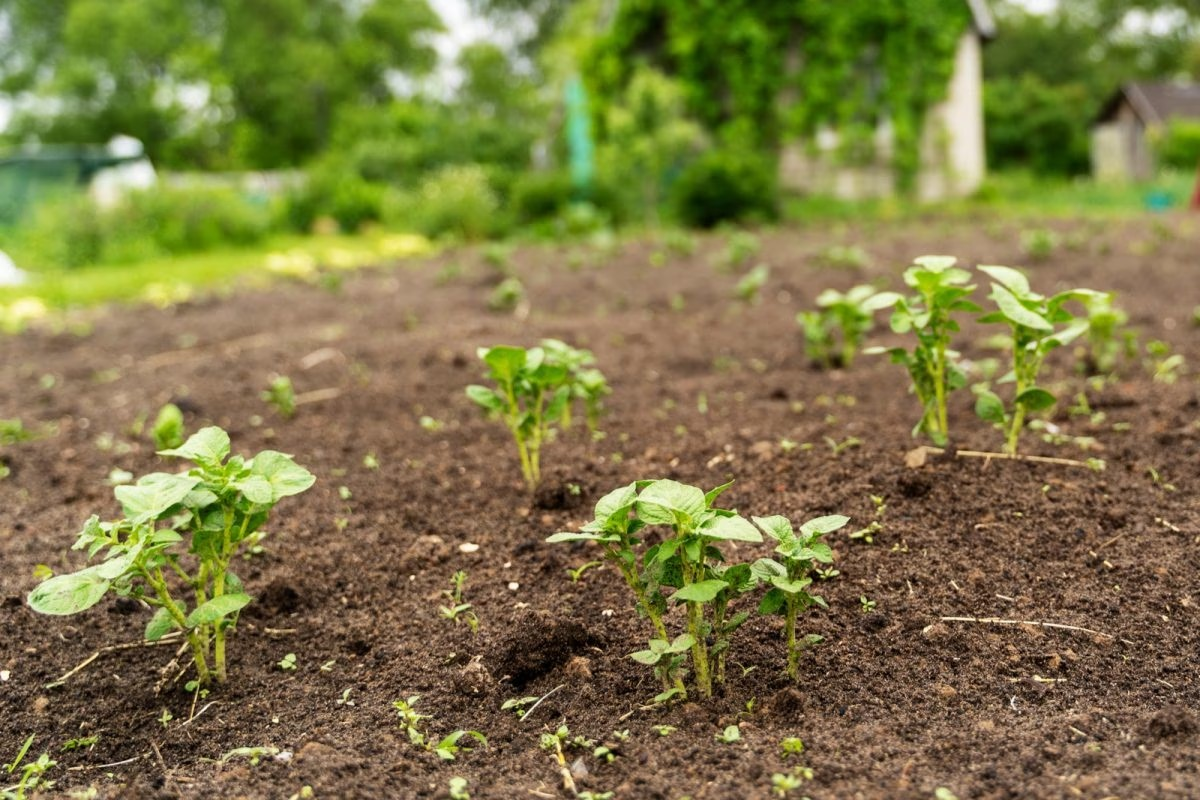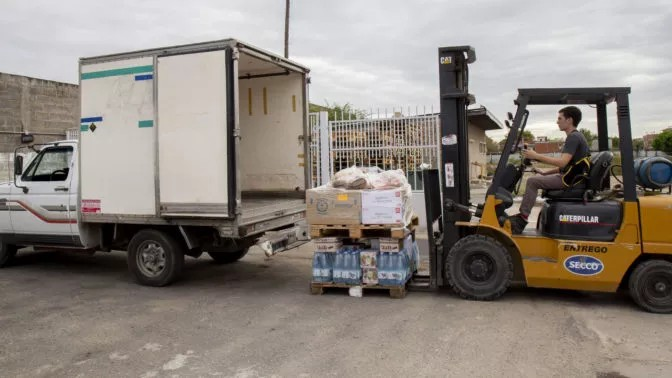Heavy snow a welcome 'problem' for Beijing venues
ZHANGJIAKOU, China, Feb 12 (Reuters) - While athletes have been competing on artificial snow throughout the Beijing Olympics, organisers are now dealing with the logistical challenge of clearing away the real thing after heavy snowfalls in the mountains of Zhangjiakou on Saturday.
Brown scrub and brush on the hills around some of the mountain venues have made for underwhelming TV images during the Games but the snowfalls have blanketed the area white, while posing some issues for crews at local venues.
"In heavy snow weather, one must not wait, it's a process of clearing as it snows," Shu Wen, deputy director of maintenance services at the Genting Snow Park, told reporters.
"It's all about preventing the use of snow-melt agents.
"Whether it is an environmentally friendly or non-environmentally friendly snow-melting agent, it all has a certain impact on roads and snow tracks. Our aim is to ensure that the entire stadium is clean and tidy."
Early on Saturday, teams of professionals and volunteers were out clearing snow from the venues ahead of the day's events.
The opening races at the nearby cross-country and biathlon centres took place in temperatures lower than -10 degrees Celsius (14°F), and gusty winds made shooting on the biathlon range very difficult.
Temperatures climbed during the week but are set to drop again.
After occasional delays in some of the Alpine skiing and ski jump programs due to high winds earlier in the Games, Shu is confident that organisers can handle whatever the weather throws at them.
"This year, we are all set in our mountain venue team with additional machinery and manpower to ensure that we can face any strong winds situations that we can encounter, that at any time we can ensure the normal progress of our events," he said.





Comments